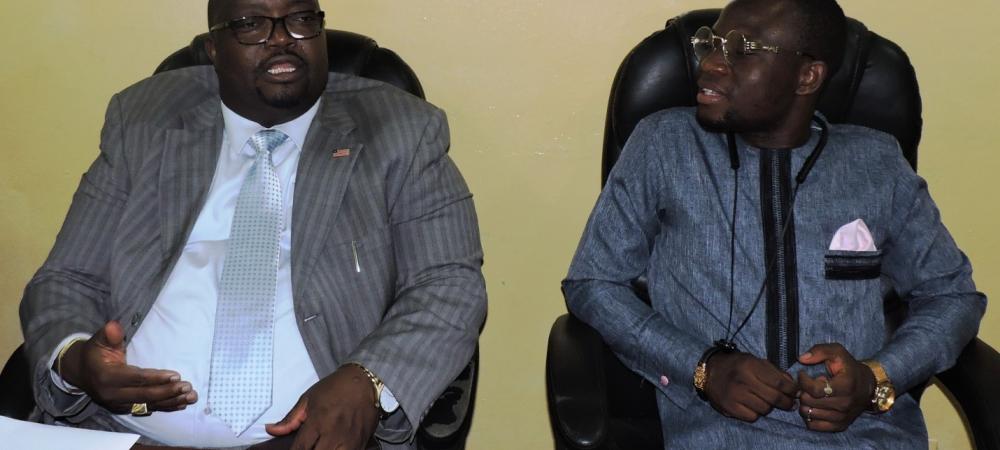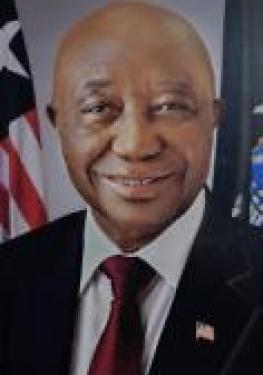
The Executive Director of the Environmental Protection Agency (EPA) of Liberia, Dr. Nathaniel T. Blama, Sr. has attributed repeated conflict at concessions across the country to the failure of companies to apply the ‘Free, Prior and Informed Consent’ (FPIC) process.FPIC is a specific right that pertains to indigenous peoples and is recognized in the United Nations Declaration on the Rights of Indigenous Peoples (UNDRIP). It allows local people to give or withhold consent to a project that may affect them or their territories.
Several concessions in the mining, forestry and agriculture sectors were awarded by past government, but they have been characterized by series of protests from local communities. Speaking at an inter-agency meeting on developing National Guidelines for community consultation held at the EPA on Tuesday, January 15, 2019, Dr. Blama said “some of the conflicts we have in the country around natural resources management and governance are based on the absence of the EPIC”. Dr. Blama told the gathering which was intended to assist Liberia conform to the requirement and standard of community consultations in the use of their forest resources that communities were not informed and that they didn’t give their consents to concessions granted by government. According to him, all what communities saw were long convoy of trucks and yellow machines coming to their areas and clearing their lands and when they inquired, they “were told we have been given these lands by the Government of Liberia”. He acknowledged that communities agitated and protested the operations of concessions, because they were not aware of concessions entered by the government.He agreed that communities are the actual custodians of forest and not the government and thinks it was necessary to involved them in decision that would affect them.
Dr. Blama indicated that communities existed before the formation of government and “so you cannot go and clear their forest without the consent of the communities”.Speaking further, the EPA Boss disclosed that some communities have sacred forest and places they harvest medicinal plants and carry-out their traditional rites. He believes seeking local people free, prior and informed consent would prevent multi-national companies only concern about their logs from evading the people’s shrines and destroying their medicinal plants. The EPA Executive Director called on participants of the meeting to discuss national guidelines for community consultation document with open minds in ensuring that it benefits local communities. He noted that if the document is properly done and enforced across the country, it will help to eliminate some of the conflicts we have had around natural resources governance. “It will eliminate some of the misinterpretations of government awarding of bogus contracts. Government can award contracts, but if the people are involved they can help to safe guide the concessions,” Dr. Blama concluded.
In brief statement, EPA Manager for Planning, Z. Elijah Whapoe explained that the development of national guidelines for community consultation involving forest resources is a project under the Liberian Forest Sector Project funded by the Norwegian Government through the World Bank. Mr. Whapoe said the purpose of the meeting was to give information and listen to views of participants from line government ministries and agencies about the development of National Guidelines on community consultation. According to him, the EPA is managing the project because it is a key partner, with the Forestry Development Authority (FDA), of the Liberian Forestry Sector Project. “The right of communities to consultation and consent about projects that affect them is most advanced in forestry regulation and the work of the FDA, but it also applies to Environment, Land Rights and other sectors,” he added.
Mr. Whapoe asserted that the EPA has a strong interest in the process because it oversees the Environmental and Social Impact Assessment (ESIA) process that requires projects in all sectors to assess social impacts and consult with affected communities.



